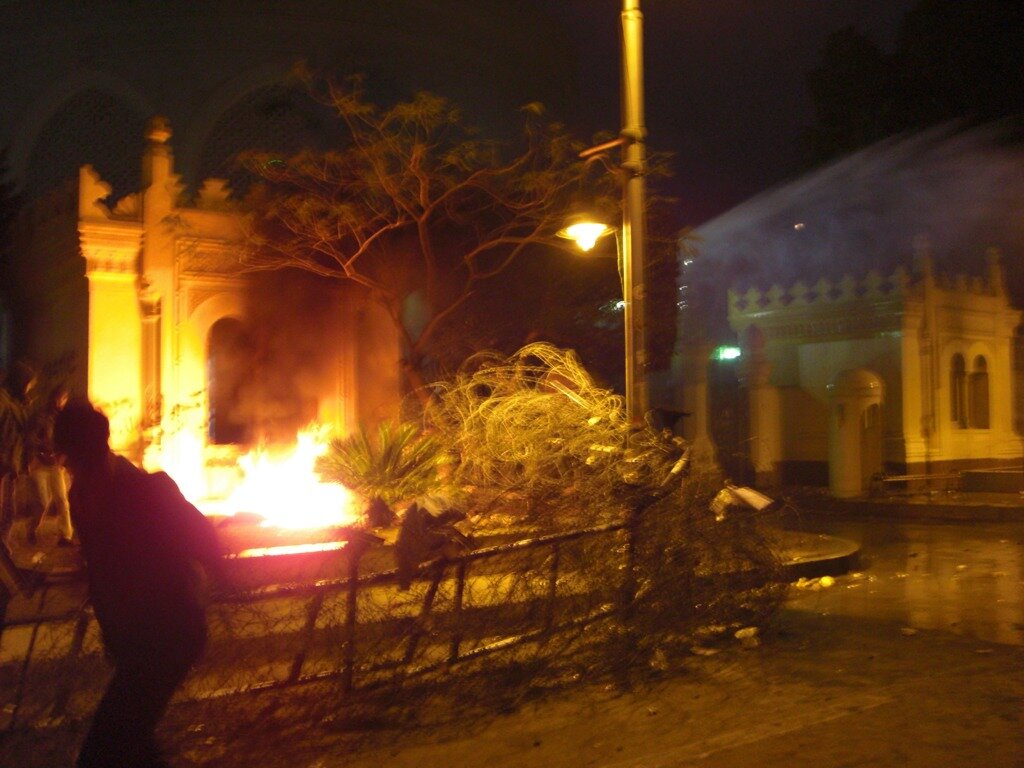The armed wings of Palestine’s Hamas and Islamic Jihad movements said on Saturday they had shelled Israeli military command posts in the Gaza Strip, as tensions on the ground escalated alongside intensifying international criticism of Israeli Prime Minister Benjamin Netanyahu.
Hamas’s Al-Qassam Brigades said it struck an Israeli command-and-control site on the Salah Al-Din axis south of Rafah, while Islamic Jihad’s Al-Quds Brigades claimed mortar fire on another command post in Gaza City’s Al-Zaytoun neighbourhood.
Meanwhile, Israeli media reported the crash of a small military reconnaissance drone in northern Gaza. The Times of Israel said the Skylark 3 drone, manufactured by Elbit Systems, suffered a technical malfunction and “landed unexpectedly” in Gaza’s Al-Rimal district. The Israeli army downplayed the incident, saying there was “no fear of information leakage.” The drone model has previously crashed in hostile areas.
The humanitarian toll in Gaza continued to climb. The Health Ministry reported 11 more deaths from starvation and malnutrition in the past 24 hours, including one child. This brought the total famine-related death toll to 251, among them 108 children.
Separately, Gaza’s government media office accused Israel of bombing the grounds of Al-Aqsa Martyrs Hospital in Deir Al-Balah for the 13th time since the war began, calling it a deliberate assault on the health sector and a violation of international law.
Political pressure on Netanyahu is also mounting abroad. Danish Prime Minister Mette Frederiksen described him as “a problem in himself,” pledging to use Denmark’s upcoming EU presidency to push for sanctions. In comments to Jyllands-Posten, she said her government would back measures ranging from political pressure to trade and research restrictions, citing Israel’s “crossing of boundaries” and the “catastrophic” humanitarian crisis in Gaza.
In a phone call, Egyptian Foreign Minister Badr Abdelatty and his German counterpart Johann Wadephul expressed alarm over Israeli policies, warning that rhetoric about a “Greater Israel” and new settlement plans threatened regional stability. Abdelatty reiterated Egypt’s rejection of Israel’s aid blockade, calling the starvation of Palestinians a grave breach of international law.
A joint statement by the foreign ministers of 31 Arab and Muslim states condemned Netanyahu’s remarks on “Greater Israel,” branding them a direct threat to Arab national security and international peace. The statement vowed to pursue policies that support peace while rejecting “illusions of domination.”
Meanwhile, Hamas rejected its inclusion on the UN Secretary-General’s blacklist of groups accused of sexual violence in conflict, calling the designation baseless and politically motivated. It argued the listing relied solely on Israeli allegations without independent investigation.
With the conflict intensifying on multiple fronts, Netanyahu faces growing isolation abroad and mounting domestic pressure, while humanitarian agencies warn Gaza’s crisis will worsen unless a ceasefire is reached to guarantee aid flows and halt settlement expansion.


